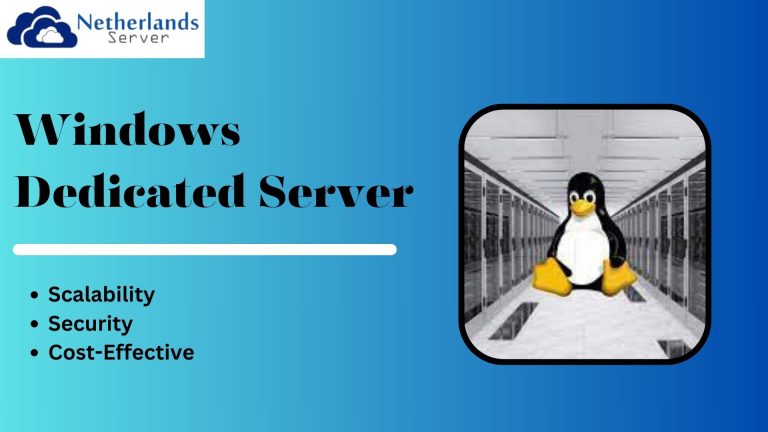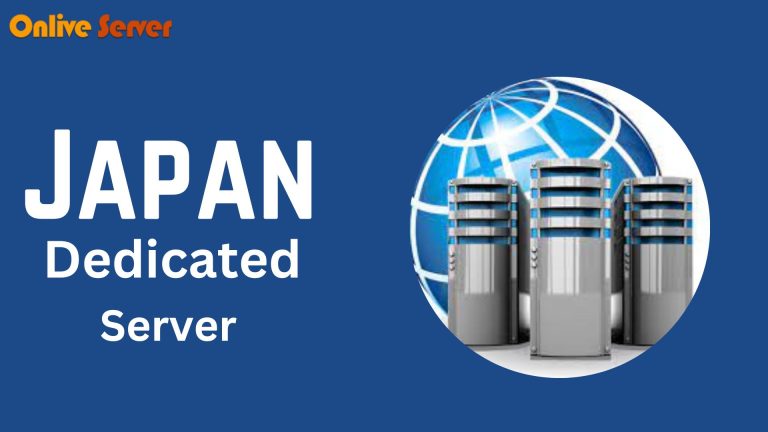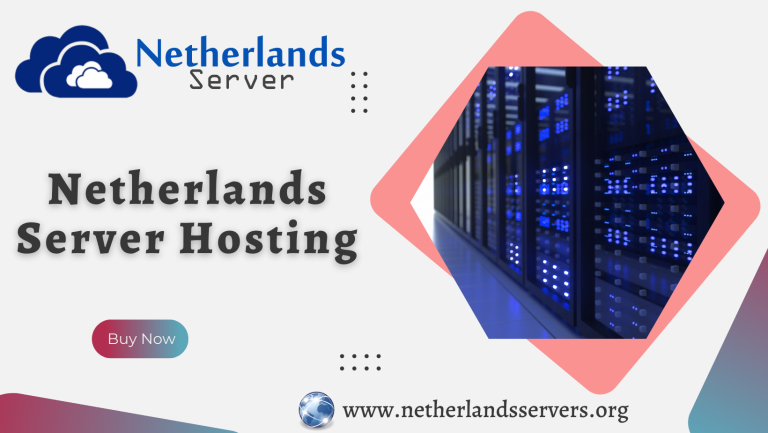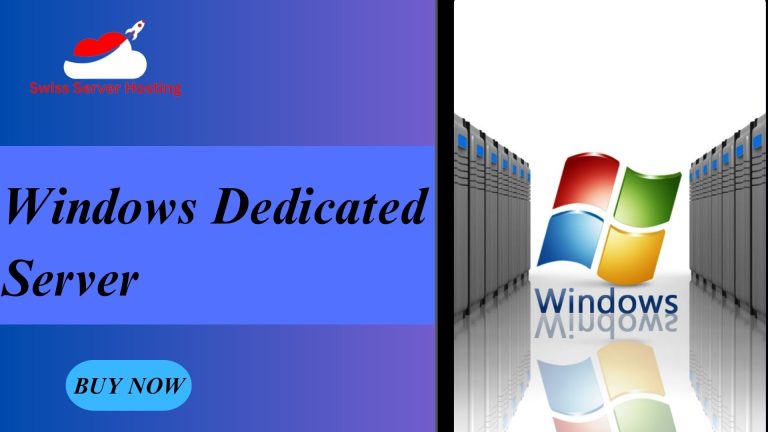Things you must Know Before Choosing a Dedicated
The dedicated server helps an online business to reach out at the top level, by providing the security to the server as well as by improving the quality of the server, it helps to gain actual outcomes for a business. Nowadays, people are getting addicted to the Cheap Dedicated Server instead of a shard one for its reliability and standalone service features.
| Name | Processor | RAM | Harddisk | Bandwidth | IP | Location | Monthly Price | |
|---|---|---|---|---|---|---|---|---|
| France Dedicated - DS6 | Intel Xeon E5-1630v3, 3.8 GHz, 4 Core | 64 GB | 2x480 GB SSD | 100 Mbps | 1 IP | Gravelines, France | ||
| France Dedicated - DS5 | Intel Xeon E3-1231v3, 3.8 GHz, 4 Core | 32 GB | 2x2 TB HDD | 100 Mbps | 1 IP | Gravelines, France | ||
| France Dedicated - DS7 | Intel Xeon E5-1650v3, 3.8 GHz, 6 Core | 64 GB | 2x480 GB SSD | 100 Mbps | 1 IP | Gravelines, France | ||
| France Dedicated - DS1 | Intel Core i5-750, 3.2 GHz, 4 Core | 8 GB | 500 GB HDD | 100 Mbps | 1 IP | Gravelines, France | ||
| France Dedicated - DS2 | Intel Xeon E3-1225v2, 3.6 GHz, 4 Core | 12 GB | 1 TB HDD | 100 Mbps | 1 IP | Gravelines, France | ||
| France Dedicated - DS4 | Intel Xeon E3-1231v3, 3.8 GHz, 4 Core | 32 GB | 2x480 GB SSD | 100 Mbps | 1 IP | Gravelines, France | ||
| France Dedicated - DS8 | Intel Xeon E3-1230v6, 3.9 GHz, 4 Core | 32 GB | 2x480 GB SSD | 250 Mbps | 1 IP | Gravelines, France | ||
| France Dedicated - DS9 | Intel Xeon E3-1270v6, 4.2 GHz, 4 Core | 32 GB | 2x450 GB SSD | 250 Mbps | 1 IP | Gravelines, France | ||
| France Dedicated - DS10 | Intel Core i7-7700K, 4.5 GHz, 4 Core | 32 GB | 2x450 GB SSD | 250 Mbps | 1 IP | Gravelines, France | ||
| France Dedicated - DS3 | Intel Core i7-4790K, 4.4 GHz, 4 Core | 16 GB | 240 GB SSD | 100 Mbps | 1 IP | Gravelines, France | ||
| France Dedicated - DS11 | Intel Xeon-E 2136, 4.5 GHz, 6 Core | 32 GB | 2x512 GB SSD | 500 Mbps | 1 IP | Gravelines, France | ||
| France Dedicated - DS12 | Intel Xeon-D 2141I, 3 GHz, 8 Core | 32 GB | 2x512 GB SSD | 500 Mbps | 1 IP | Gravelines, France | ||
| France Dedicated - DS13 | AMD Ryzen 5 3600X, 4.4 GHz, 6 Core | 32 GB | 2x512 GB SSD | 500 Mbps | 1 IP | Gravelines, France | ||
| France Dedicated - DS14 | Intel Xeon-D 1521, 2.7 GHz, 4 Core | 16 GB | 2x4 TB HDD | 500 Mbps | 1 IP | Gravelines, France | ||
| France Dedicated - DS15 | AMD Epyc 7351p, 2.9 GHz, 16 Core | 128 GB | 2x4 TB HDD | 250 Mbps | 1 IP | Gravelines, France | ||
| France Dedicated - DS16 | Intel Xeon-D 2141I, 3 GHz, 8 Core | 64 GB | 2x4 TB HDD | 500 Mbps | 1 IP | Gravelines, France | ||
| France Dedicated - DS17 | AMD Ryzen 5 3600X, 4.4 GHz, 6 Core | 64 GB | 2x512 GB SSD | 100 Mbps | 1 IP | Gravelines, France | ||
| France Dedicated - DS18 | Intel Xeon-E 2136, 4.5 GHz, 6 Core | 32 GB | 2x512 GB SSD | 500 Mbps | 1 IP | Gravelines, France | ||
| France Dedicated - DS19 | Intel Xeon-E 2136, 4.5 GHz, 6 Core | 128 GB | 2x512 GB SSD | 500 Mbps | 1 IP | Gravelines, France | ||
| France Dedicated - DS20 | Intel Xeon-D 1521, 2.7 GHz, 4 Core | 16 GB | 2x6 TB HDD | 500 Mbps | 1 IP | Gravelines, France | ||
| France Dedicated - DS21 | Intel Xeon-E 2136, 4.5 GHz, 6 Core | 64 GB | 512 GB SSD | 500 Mbps | 1 IP | Gravelines, France | ||
| France Dedicated - DS22 | Intel Xeon-E 2288G, 5 GHz, 8 Core | 32 GB | 2x960 GB SSD | 500 Mbps | 1 IP | Gravelines, France | ||
| France Dedicated - DS23 | Intel Xeon-E 2136, 4.5 GHz, 6 Core | 32 GB | 2x2 TB SSD | 500 Mbps | 1 IP | Gravelines, France | ||
| France Dedicated - DS24 | Intel Xeon-D 2141I, 3 GHz, 8 Core | 32 GB | 2x512 GB SSD | 500 Mbps | 1 IP | Gravelines, France | ||
| France Dedicated - DS25 | Intel Xeon-D 2141I, 3 GHz, 8 Core | 128 GB | 2x512 GB SSD | 500 Mbps | 1 IP | Gravelines, France | ||
| France Dedicated - DS26 | AMD Ryzen 7 3800X, 4.5 GHz, 8 Core | 64 GB | 2x960 GB SSD | 500 Mbps | 1 IP | Gravelines, France | ||
| France Dedicated - DS27 | AMD Ryzen 7 3800X, 4.5 GHz, 8 Core | 128 GB | 2x960 GB SSD | 500 Mbps | 1 IP | Gravelines, France | ||
| France Dedicated - DS28 | Intel Xeon-E 2288G, 5 GHz, 8 Core | 128 GB | 250 GB HDD | 500 Mbps | 1 IP | Gravelines, France | ||
| France Dedicated - DS29 | AMD Epyc 7451, 2.9 GHz, 24 Core | 128 GB | 2x512 GB SSD | 500 Mbps | 1 IP | Gravelines, France | ||
| France Dedicated - DS30 | 2xIntel Xeon Silver 4214R, 3.5 GHz, 24 Core | 192 GB | 2x960 GB SSD | 500 Mbps | 1 IP | Gravelines, France | ||
| France Dedicated - DS31 | 2xIntel Xeon Silver 4214R, 3.5 GHz, 24 Core | 384 GB | 2x960 GB SSD | 500 Mbps | 1 IP | Gravelines, France | ||
| France Dedicated - DS32 | Intel Xeon-E 2386G, 4.7GHz, 6 Core | 32 GB | 2×512GB SSD | 1 Gbps | 1 IP | Gravelines, France | ||
| France Dedicated - DS33 | AMD Ryzen 9 5900X, 4.8GHz, 12 Core | 32 GB | 2× 512 GB SSD | 1 Gbps | 1 IP | Gravelines, France | ||
| France Dedicated - DS34 | AMD Epyc 7413, 3.6GHz, 24 Core | 128 GB | 2×512 GB SSD | 1 Gbps | 1 IP | Gravelines, France | ||
| France Dedicated - DS35 | 2xIntel Xeon Gold 6248R, 4GHz, 48 Core | 192 GB | 2×480 GB SSD | 1 Gbps | 1 IP | Gravelines, France |
In case you are also willing to switch from shared hosting to dedicated hosting, you can choose your partner who will help you by providing dedicated server support. Well, in this situation, choosing the best-dedicated service provider is a quite difficult task. In case you are looking for a dedicated server hosting provider who can give you the topmost support, there are more than points are there that you need to keep in mind. On that note, follow the article and know about the process, how you can choose your dedicated service provider.
Make sure the company reduces carbon footprint:
The main problem of a server is it uses a lot of carbon footprint or its energy consumption is high. In France’s dedicated server, the energy consumption level for the servers is slow as a result, using renewable resources, the server energy can be gathered. So, you don’t have to pay an extra cost for the energy consumption of your dedicated server.
Processor:
make sure the company you are choosing is providing the correct processor support to fulfill your needs. France’s dedicated server provides pre-configured processors as well as a huge amount of memory so that the speed of the website can never be compromised. Also, you cannot reconfigure the server most of the time to increase the workability in it. While choosing France dedicated server, it helps to boost up the server speed automatically without configuring the server.
Operating System:
Before you choose a dedicated server, make sure that which operating system you have to use. Most of the website uses open-source Linux type operating systems. In case, you want to use a .Net frame, then you have to choose a Microsoft SQL Server. So, it will be better for you to choose a server. That allows you to use both of the operating systems. It can be a Linux one or it can be a SQL one. France dedicated server allows you to use both of the operating systems. So that you can switch the operating system whenever you need it.
Storage:
Make sure your dedicated server hosting provider is fulfilling your storage needs. They are providing you a huge support. So that you can store a maximum number of data in your server without upgrading the server. So, while choosing your dedicated server partner, you choose a partner who can give you storage support.
Bandwidth:
Check the bandwidth rate, the company is providing to you. In case you are using a historical website, then your server needs a high bandwidth. When you are using the France dedicated server, you will be able to get a high quality bandwidth. So, you can get desired results for your website.
Backup Server:
It is important to have a backup server or a proxy server for your dedicated server. In case any hacking issue took place with your website. The backup server will help you to secure your important data. When you are using a proxy server, you can have a copy of your data. Here so that in case any hacking attack took place, your data will remain safe from data loss in the backup server. France dedicated server will give you backup server support so that you can keep our data safe.
Hardware Choice: In the case of a France dedicated server, you will be able to ask for the hardware according to your need. Most of the dedicated server providers do not provide this support as the dedicated server is a costly one. On that note, in case you are using the service of France dedicated server, you will be able to choose your desired hardware. You can choose the RAM, in order to get more disk capacity. It will ultimately help you to make your website reachable to the viewers.
Control panel support
Control panel support is another important support that is provided by the dedicated host provider. The control panel is the gateway using which you can communicate with your server. France dedicated server, helps you to get control panel support, so that you can change the settings of the server whenever you need it. So, to get a wide range of support, you can opt. for the services of France dedicated servers.
Technical Support
When you choose a dedicated server, you will be able to receive a vast range of technical support from the team. If you don’t have sound knowledge about the server, the team will help you to fix the problem related to your server. On that note, France dedicated server provides you, a wide range of technical support.
Borrow a server
In France dedicated servers, you will be able to choose whether you will borrow a server from the service provider or you can buy one. In case, you borrow a server, the company will provide all additional support related to the dedicated server at your fingertips. So, if you need to borrow a server, you can choose a France dedicated server as your partner.
Final Thoughts
This is a checklist that you have to follow while choosing a cheap dedicated service provider. The lists will also help you to choose your perfect dedicated service provider that worth’s your service plan. You can get all of the services that are lost from the France Dedicated Server. The France dedicated server provides a wide level of support to its service providers so that they can maximize the outcomes from their service. In order to get cheap dedicated server hosting in France, you can definitely choose the company as your reliable service provider.







